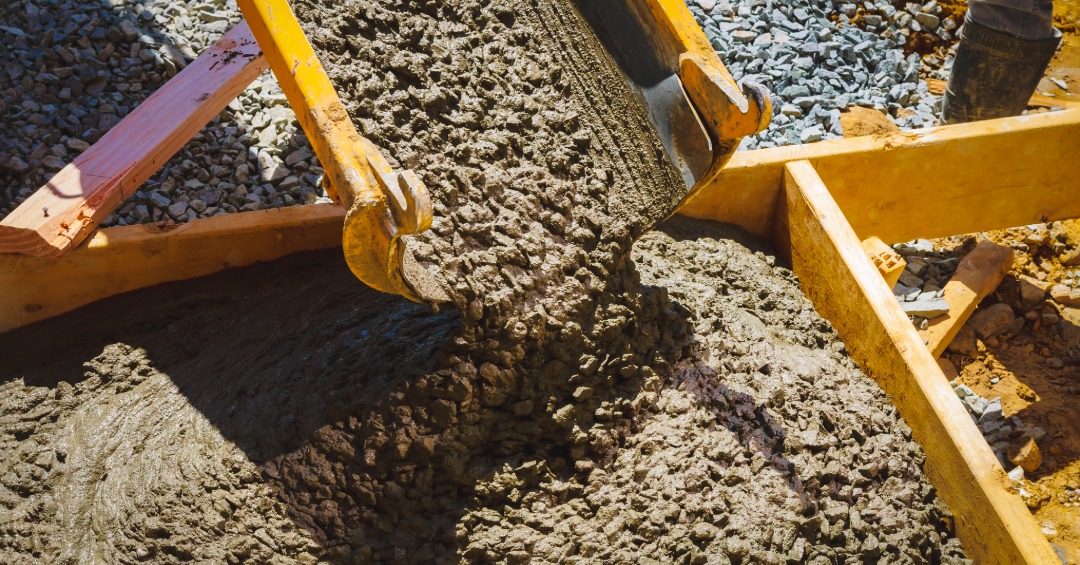Is Low-Carbon Concrete Built on Shaky Science? DOE’s 2025 Report Raises Doubts

The Department of Energy just released a report that probably isn’t getting the attention it deserves: A Critical Review of Impacts of Greenhouse Gas Emissions on the U.S. Climate (July 2025). It was written by a group of respected scientists—John Christy, Judith Curry, Steven Koonin, Ross McKitrick, and Roy Spencer—and it takes a hard look at what greenhouse gas emissions are actually doing to our climate.
What stood out to me is how different this review reads compared to the mainstream narrative. It makes clear that CO2 isn’t like the pollutants we usually regulate. At current levels, it’s not toxic, and in fact it has measurable benefits, from global greening to improved crop yields. The report also points out that climate models have consistently overstated warming, and when you rely on data-driven estimates instead of models, the picture looks far less dramatic.
Another key takeaway is extreme weather. The report goes through hurricanes, tornadoes, floods, droughts, and heatwaves in the U.S., and the conclusion is that the data doesn’t show the upward trend we’re constantly told about. Sea levels are rising, yes, but the pace hasn’t accelerated beyond the historic norm. On top of that, the role of natural variability—like solar cycles—appears to be underplayed in the mainstream assessments.
Then there’s the economics. The DOE review is blunt in saying that the “social cost of carbon” is so sensitive to assumptions that it isn’t reliable for policy. In fact, it warns that aggressive climate policies could be more damaging to the economy than the warming itself. And here’s the kicker: even if the U.S. cuts emissions drastically, the report says the effect on the global climate would be so small it wouldn’t even be detectable for decades.
So why bring this up here? Because earlier this week someone messaged me and said, “low carbon concrete is not going away.” And they’re right—at least in terms of where the money and regulations are currently headed. But it makes me wonder if people are really paying attention to reports like this one. The DOE just put out a document that directly challenges the foundations of the low-carbon push, and yet I don’t see much discussion about it in our industry.
Whether you agree with the findings or not, this report is out there. It’s worth a read, because decisions being made about how we produce and specify concrete are being driven by a narrative that this review calls into question. If we’re going to keep being told that we have no choice but to switch to new cements and new mixes in the name of climate, then we should at least be aware of the scientific debate happening at the highest levels.
You can read the full report here: A Critical Review of Impacts of Greenhouse Gas Emissions on the U.S. Climate, July 2025.



